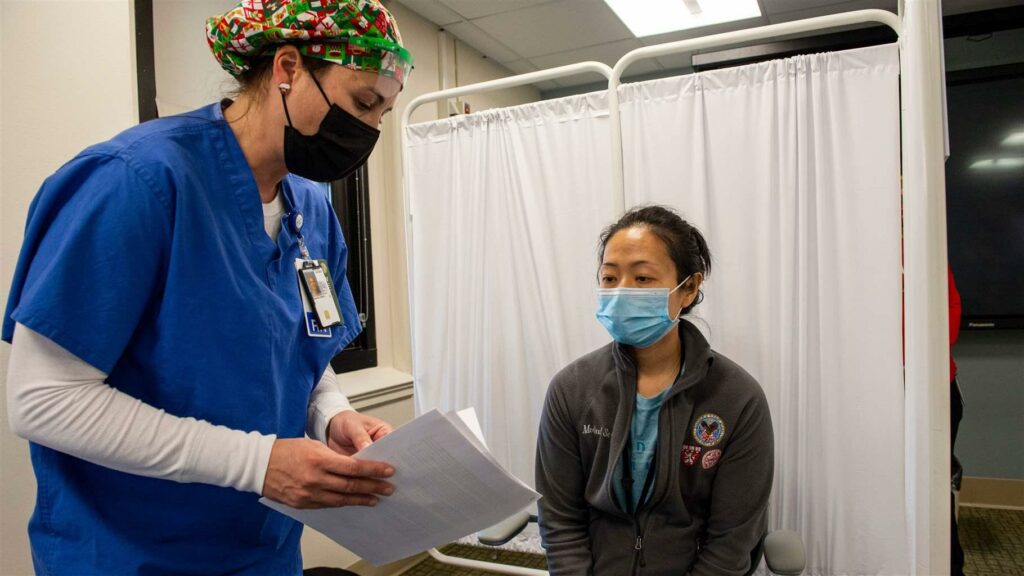

On July 9, the Office of the National Coordinator for Health Information Technology (ONC), the federal agency that oversees health information technology, announced a long-awaited change that could help doctors and nurses provide better, more timely care for their patients.
The agency released an updated version of the U.S. Core Data for Interoperability (USCDI), a list of information that all electronic health record (EHR) systems must be able to share with each other—and without which providers may not have all the background they need to provide the right care for their patients.
In its update, ONC included data on social determinants of health, which can be essential to serve patients who face socioeconomic challenges or other barriers to care. Although this is good news, the agency did not include some other types of data that could, for example, help providers accurately link patients to medical records held in different locations or support public health authorities in their efforts to protect their communities. Fortunately, ONC has other ways it can achieve those goals.